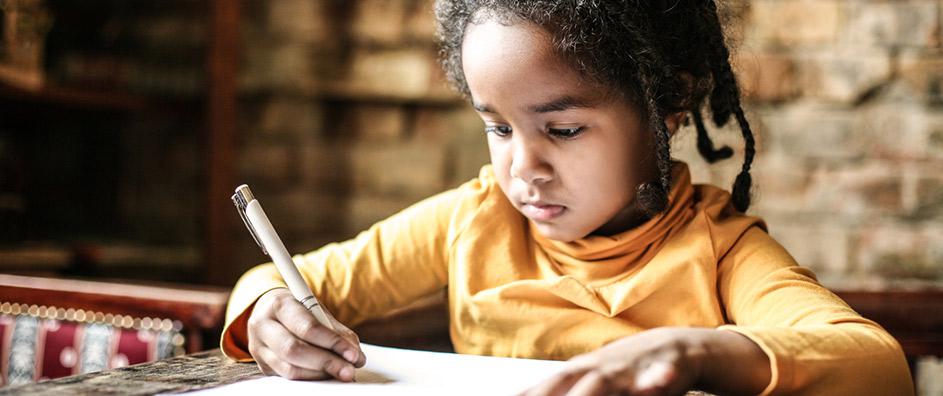In the framework of Bahá’í teachings, education is exalted as not merely a tool for intellectual enhancement, but as a fundamental element of spiritual development and societal progress. This exalted view positions the act of educating children as the “most meritorious act of humankind.” Such a declaration beckons a deep exploration into its implications, methodologies, and the overarching philosophies that inform the Bahá’í perspective on education.
One of the cornerstone principles of Bahá’í teachings is the belief in the intrinsic nobility of each child. This belief holds that every individual possesses the potential to contribute positively to humanity. As such, the educational provisions extended to children are not simply about the transmission of knowledge, but rather about nurturing the unique capabilities and qualities inherent to each child. Despite the differences in circumstance, background, and ability, the principle of universal access to education underscores the Bahá’í commitment to fostering an equitable society.
Transitioning from principle to practice, the Bahá’í perspective emphasizes the need for a comprehensive educational framework that nurtures not only the intellect but also the character and virtues of children. It is insufficient to solely impart knowledge; a holistic education also cultivates moral and spiritual capacities. Thus, moral education is seamlessly integrated into academic learning. For instance, teaching values such as honesty, integrity, compassion, and service to others forms an essential facet of the curriculum. This dual approach ensures that children grow not only as informed individuals but also as principled citizens, prepared to face the complexities of modern life.
The curricula developed through the lens of Bahá’í principles also emphasize the importance of critical thinking and inquiry. Bahá’í teachings encourage educators to foster environments where children can question, explore, and critically assess the world around them. This methodology promotes independence of thought and a sense of ownership over one’s learning journey. Children learn to connect knowledge with action, becoming agents of change motivated by their understanding of social justice and equality.
Moreover, the teachings advocate for the contextualization of education to reflect diverse cultures and societal needs. By tailoring educational experiences to the specific context of a child’s life, educators can better prepare students to understand and engage with their communities. This culturally relevant pedagogy is fundamental in a globalized world, where understanding and appreciation for diversity are paramount for harmonious coexistence.
The Bahá’í community espouses a particular approach to teacher preparation that acknowledges the vital role educators play in shaping the educational experience. Continuous professional development, characterized by reflective practice and collaboration among educators, is essential. By creating networks of learning among teachers, ongoing growth and adaptation occur, which directly benefits student outcomes. Teachings emphasize the importance of spiritual awareness as educators strive to become morally and ethically sound role models for their students.
Another profound aspect of the Bahá’í approach to education is the incorporation of community service. Education is viewed as a means not only for personal achievement but also for collective advancement. Through programs designed around service to the community, children learn to recognize their responsibility towards others. This involvement accentuates the understanding that personal development is inherently linked to the welfare of society as a whole.
The Bahá’í teachings underscore the vital necessity of parental involvement in the educational process. Families are considered crucial partners in the endeavor of education. Encouragement for parents to participate actively in their children’s educational journey fosters a conducive environment for learning. Parental engagement can take many forms, from assisting with academic work to volunteering in community projects, each supporting the notion that education extends beyond the confines of formal schooling.
In comprehensively addressing the mental, emotional, and spiritual aspects of a child’s development, Bahá’í educators employ methods that are both innovative and reflective of broader societal shifts. The challenges that children face in today’s complex world — ranging from technological changes to social injustices — necessitate an education that prepares them not just academically but also equips them with the tools for ethical navigation through life’s challenges.
Ultimately, the Bahá’í view of education is one steeped in the belief that empowering the next generation is not only a noble act but is imperative for the continued evolution of humanity. Education serves as a beacon of hope, illuminating paths towards greater justice, equity, and unity. As such, the proactive engagement of all sectors of society — from educators and parents to community leaders — becomes paramount. Collectively, the commitment to championing the education of children transitions from a societal obligation to a cherished aspiration.
In conclusion, education, as delineated within Bahá’í teachings, emerges as the most meritorious act humankind can undertake. It embodies more than a mere academic endeavor; it is intertwined with moral, spiritual, and social development. In cultivating educated, compassionate, and service-oriented individuals, humanity embraces its highest ideals, ensuring a brighter and more harmonious future for all.
